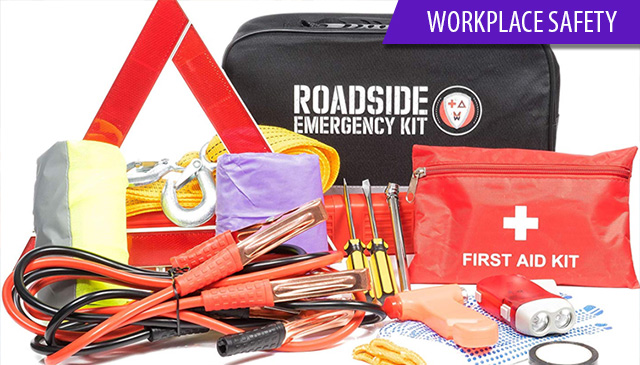
Hundreds of Texas Children’s employees walk into potentially dangerous situations every day.
Not only in the aftermath of a natural or man-made disaster, but on any given weekday. A routine Tuesday or Wednesday holds possible harm for these staff members.
So who are they?
They are our remote work force, which largely consists of a subgroup of Services Coordinators. They are the men and women who provide direct care and support inside of patients’ homes and out in the community.
They sit on the health plan side of the organization and spend the majority of their time in face-to-face interactions with families.
“Since the heart of our mission is to enhance the health and well-being of every child, our team is dedicated to the members we serve, and they live in every kind of neighborhood you can think of, including some that aren’t very safe,” said Ashley Simms, director of Care Coordination at Texas Children’s Health Plan. “When these employees are hired, they undergo the basic safety training, but we are now rolling out an entire suite of services to ensure that they are even safer on the job.”
What type of situations are they facing?
Katara Butler, assistant director of Care Coordination at The Health Plan, said the potential threats are varied.
“Unfortunately, we’ve had service coordinators physically attacked and threatened. There is also the potential for accidents or falls inside of a family home,” Butler said. “And, of course, by spending so much time on the road there is always the chance that there will be car trouble in an unsafe area.”
How are we ramping up safety for these employees?
Six different services will be available starting in October.
Workplace violence training
- Live and online courses that teach employees how to stay aware of their surroundings, identify dangerous situations, predict when interactions may escalate and more.
Crisis prevention training
- Coaching on self-defense and verbal de-escalation.
Risk management training
- A course on how to avoid risky situations, evaluate risks in the moment and report any risk following a visit or interaction.
Disaster bag
- An emergency car kit will be placed in each vehicle.
- The kit will include a first aid kit, a thermal blanket, a raincoat, jumper cables, a flashlight and basic tools.
AAA coverage
- Each remote employee will receive a membership to AAA, which will include options for towing, a locksmith, tire changes and battery care.
My EOP (Emergency Operations Plan) app
- An app that employees can download on their mobile devices, which offers information on how to handle a variety of situations like a fire, a bomb threat, severe weather, a cardiac arrest and much more.
Want more information?
Managers and supervisors will provide more information in the coming weeks.

